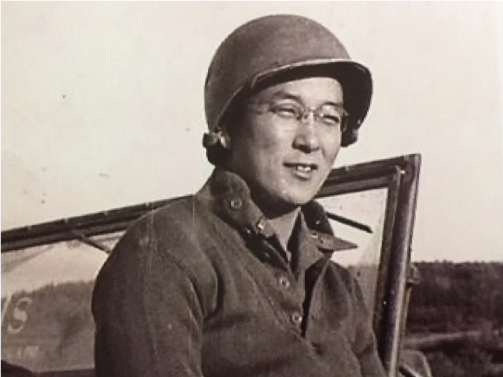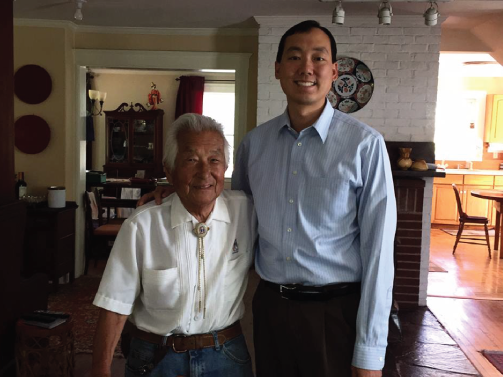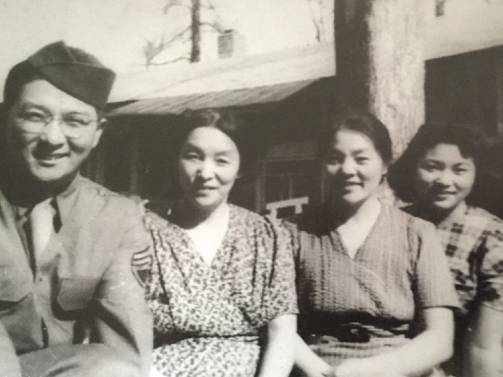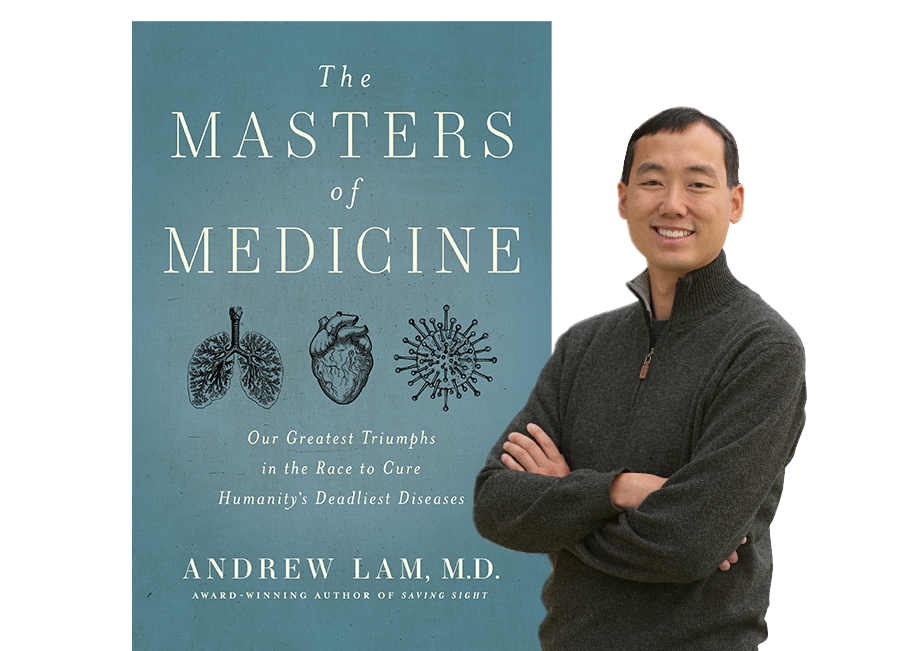Repentance Questions and Answers
1. What was your inspiration to write Repentance?
For many years I’ve wanted to write a story that would shine a light on the 442nd Regimental Combat Team, a group of Japanese Americans who fought with distinction in WWII while some of them had families incarcerated in internment camps at home. They fought with uncommon valor because, at a time of severe prejudice, this was one way to prove that they were loyal Americans. The 442nd ultimately became the most decorated unit in U.S. military history, and their name has become synonymous with heroism.
But in Repentance, my goal was to humanize them. Their legend is now partly shrouded in myth; every 442nd soldier is imagined to be unfailingly brave, sacrificial and honorable. And many certainly were. But stories that only paint this part of the picture fail to show that these men must have experienced the same fear, homesickness, and failings that all men do.
Certainly the 442nd was full of heroes, but in crafting this story I asked myself, what if one of them was a coward? Wouldn’t that be more interesting? And more realistic? Because in real life the hero is the outlier. Most of us, in war, are far more likely to be fearful, timid, and uncertain than heroic.
This is why the “hero” of this story is a man who was a coward. Because we all have failings. We do not always meet the expectations we, or others, wish or hope for. But what is most important is not that we’ve failed, but how we respond to failure.
And that’s what this book is really about.
2. A main character in Repentance, Daniel Tokunaga, is a cardiac surgeon. How did your career as a surgeon influence your portrayal of him?
Like others who went through similar medical training, I know what it’s like to work for more than 36 hours straight, or 120 hours a week, and to come home and try to be a spouse or father when you are bone tired and still thinking about all the things that just happened to your patients. (Note: near the end of my training new laws were enacted that prohibited residents from working more than 80 hours a week)
Daniel’s field of cardiac surgery is about the most demanding path a doctor can chose. As a trainee, the time I spent observing cardiothoracic surgery and helping to take care of these post-operative patients, was among the most exhausting and rewarding aspects of my training. So it felt very natural for me to describe the dedication and sacrifice that Daniel’s life’s work entails, as well as the strain his career puts on his marriage and family. I tried to accurately portray the self-confidence required to commit the very unnatural act of operating on the human body, and the grave humility that accompanies failure as a surgeon, because the heights of joy that accompany triumphs in the OR are matched by the depths of depression that can come with failure. And with Daniel’s character, I’ve tried to depict life as a surgeon as accurately as possible.
3. The impact of Post-Traumatic Stress Disorder plans a very important role in the narrative. Why did you make this such a pivotal part of the novel?
You don’t have to be a doctor or student of military history to know that Post-Traumatic Stress Disorder (PTSD) is a significant and undertreated medical problem today. Whether a traumatic event was the result of military service, natural disaster, serious accident, crime, or other catastrophe, symptoms such as flashbacks, anxiety, depression, nightmares, and even personality changes can result. In medical school, I worked for six weeks in the psychiatric department at Philadelphia’s VA hospital, a flagship in the VA system. There I interviewed and treated many Vietnam veterans. This was challenging, especially as an Asian American who “looked” somewhat like the enemy these brave men had confronted decades before. The experience convinced me that some of the greatest wounds of war cannot be seen, and yet can be more debilitating than many physical injuries. I’ve used Repentance as an opportunity to show readers an example of how PTSD can have devastating, long-lasting effects on both victims AND their families.
4. Have you met any veterans of the 442nd Regimental Combat Team?
Yes. I lived in Honolulu for a time and was fortunate to meet multiple 442nd veterans there. Without fail, each told me he did not feel like a hero, but was very proud to have served in this illustrious group, which proved to be the defining moment in many of their lives.
But the veteran I drew closest to, and to whom I was very grateful for reading and endorsing Repentance, was Dr. Susumu Ito, who happened to live in my home state of Massachusetts. During the war he volunteered for the very dangerous job of being a forward artillery observer. He won a Bronze Star and was later awarded the Congressional Gold Medal. After the war, Dr. Ito became a professor at Harvard Medical School. He studied cell biology and taught students for decades; he told me it was only later in life that people seemed very interested in his wartime service. I was honored to know him. Unfortunately, he passed away in 2015.

Dr. Ito during WWII

Visiting with Dr. Ito in 2015

Dr. Ito visiting his family at Rohwer internment camp in Arkansas

Some of Dr. Ito’s mementoes, including the pocket New Testament he carried throughout the war and his Congressional Gold Medal (upper right)
If you have a question, please email me at email@AndrewLamMD.com, and I’ll get back to you.

